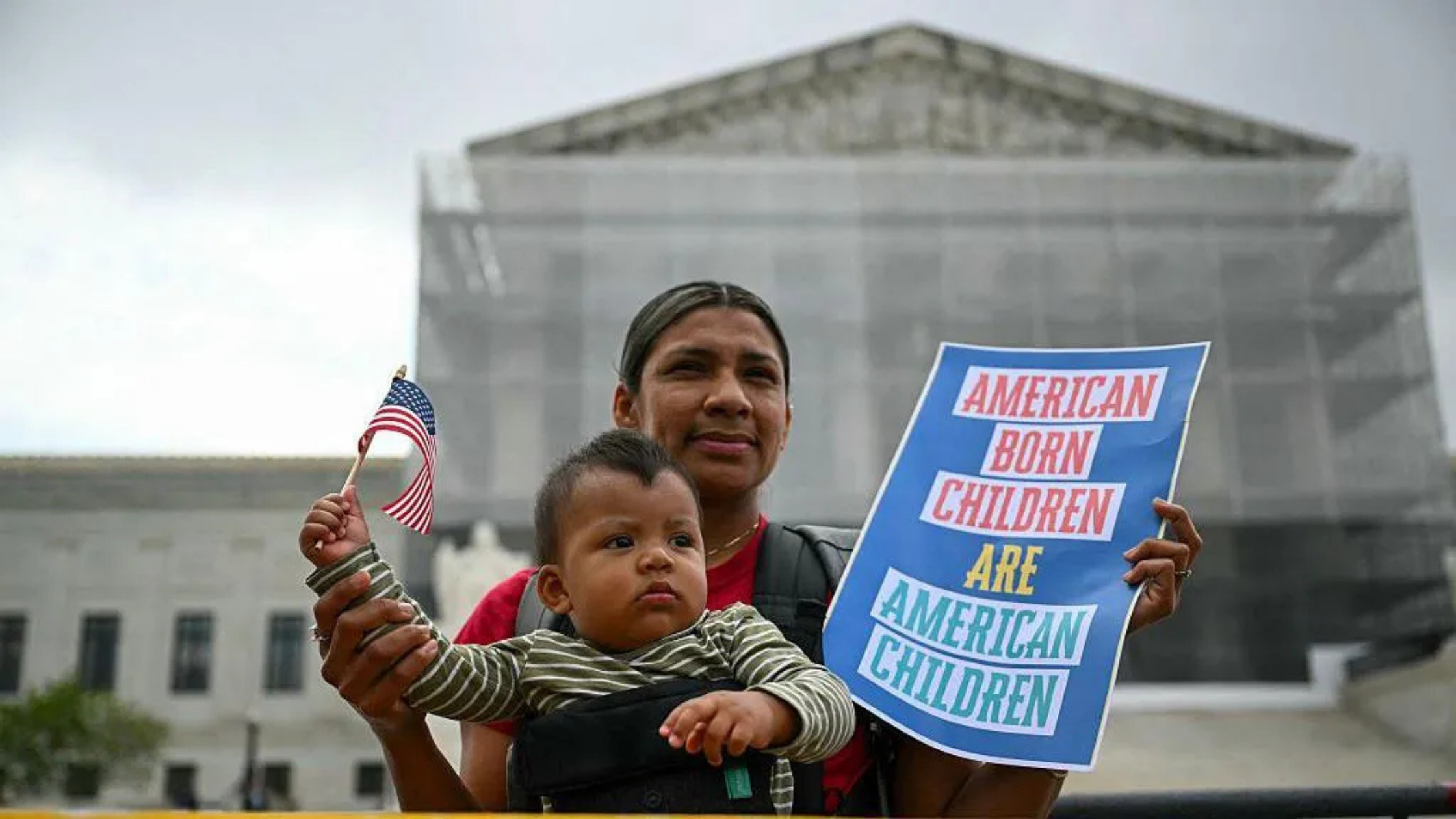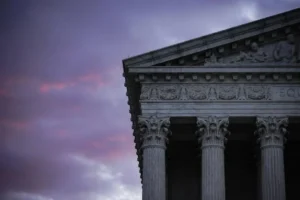Supreme Court Ruling on Nationwide Injunctions Shakes Birthright Citizenship Debate
The U.S. Supreme Court’s latest decision limits federal judges from issuing nationwide injunctions—a move that could make President Trump’s controversial executive order against birthright citizenship temporarily enforceable in parts of the country. Legal experts warn this shift may fracture national legal standards and force immigrant families into a daunting maze of lawsuits.
The U.S. Supreme Court’s recent six-to-three decision dramatically curtails the power of individual federal judges to issue nationwide injunctions—rulings that previously blocked President Trump’s executive order targeting birthright citizenship. While the Court didn’t rule on the constitutionality of the order itself, the effects could ripple far beyond a single policy, shaping U.S. judicial practice and evoking civil rights concerns.
What the Decision Actually Did
This ruling arises from the Trump v. CASA case, where the Supreme Court paused injunctions from lower courts that had blocked Trump’s executive order ending birthright citizenship. Justice Amy Coney Barrett—writing for the conservative majority—argued that judges can only craft injunctive relief limited to plaintiffs, not universally across the nation. Barrett stressed that “complete relief” for plaintiffs doesn’t necessitate geographic uniformity.
Yet six justices left the core question unanswered: Is the executive order constitutional? That question is now sent back to district courts, which will decide whether to issue narrower relief and how broad such relief should be.
Why It Matters
Power Shift – By limiting nationwide injunctions, the ruling empowers the executive branch and requires plaintiffs to file class-action lawsuits or parallel challenges across multiple jurisdictions. Critics say this promotes inconsistency: a policy could be blocked in one state but enforced in another.
Civil Rights Warning – Justice Sotomayor’s dissent warns of unsettling ramifications: “No right is safe… absent cumbersome class‑action litigation.” She argues that the decision endangers constitutional protections by making injunctions harder to obtain.
Reaction from Legal and Political Leaders
- President Trump praised the ruling as a “giant win” that removes judicial roadblocks to his agenda, including the potential elimination of birthright citizenship.
- Attorney General Pamela Bondi celebrated the decision as proof that “lower‑court judges … don’t make decisions based on the law” but personal preference.
- Connecticut AG William Tong and Sen. Richard Blumenthal warned of “chaos and confusion,” with families unsure whether their children will automatically be citizens in some parts of the country.
- Democracy Forward’s Skye Perryman called it a dangerous precedent that opens “a dangerous patchwork of rights in this country”.
What Happens Next
Lower Courts Decide Scope – District courts must now determine whether narrower injunctions suffice, or if broader class-action relief is necessary, knowing such litigation is procedurally challenging.
Class‑action Attempts – Plaintiffs have already begun filing class‑action suits in New Hampshire and Maryland seeking nationwide injunctions. But class certification hurdles—like commonality and adequacy—mean these efforts may stall.
Supreme Court Review Looms – The Court left open the possibility of revisiting both this decision and birthright citizenship more broadly, possibly in the fall term.
Broader Implications
Fragmented Justice – Experts warn of a fractured legal landscape where rights shift with geography. A doctor’s office in Maryland might see citizenship claims upheld, while one in Texas could deny them.
Judicial Precedent Impact – This could end widespread use of nationwide injunctions, not just in immigration cases but across issues like health care, environmental rules, voting rights, and more.
Constitutional Stakes – At issue is the enduring interpretation of the 14th Amendment’s Citizenship Clause since Wong Kim Ark (1898), which held that most babies born in the U.S. are citizens by birthright.
Conclusion
Ultimately, this ruling reshapes how constitutional protections are litigated. The Court avoided direct judgment on the merits of Trump’s executive order, but by removing nationwide injunctions, it requires a new round of procedural hurdles and legal innovation. Whether these fragmented battles preserve—or threaten—uniform rights depends on the lower courts’ next steps—and whether class-action mechanisms can regain lost ground.
“Subscribe to trusted news sites like USnewsSphere.com for continuous updates.”
[USnewsSphere.com / apn]





